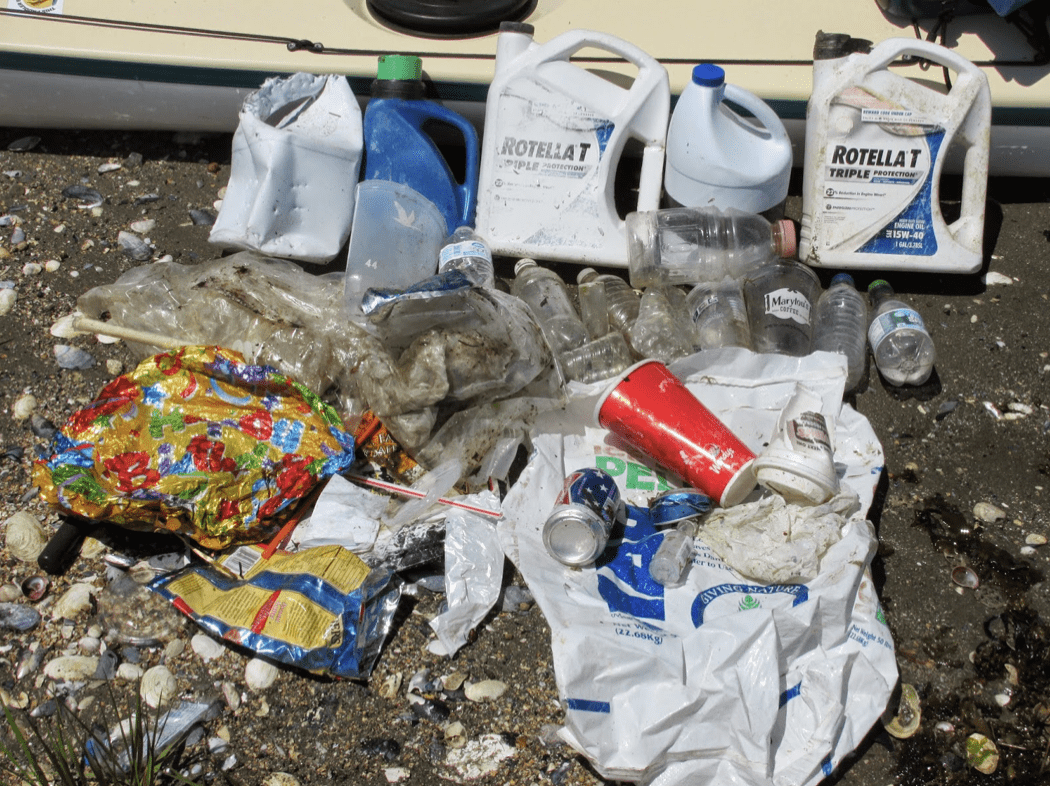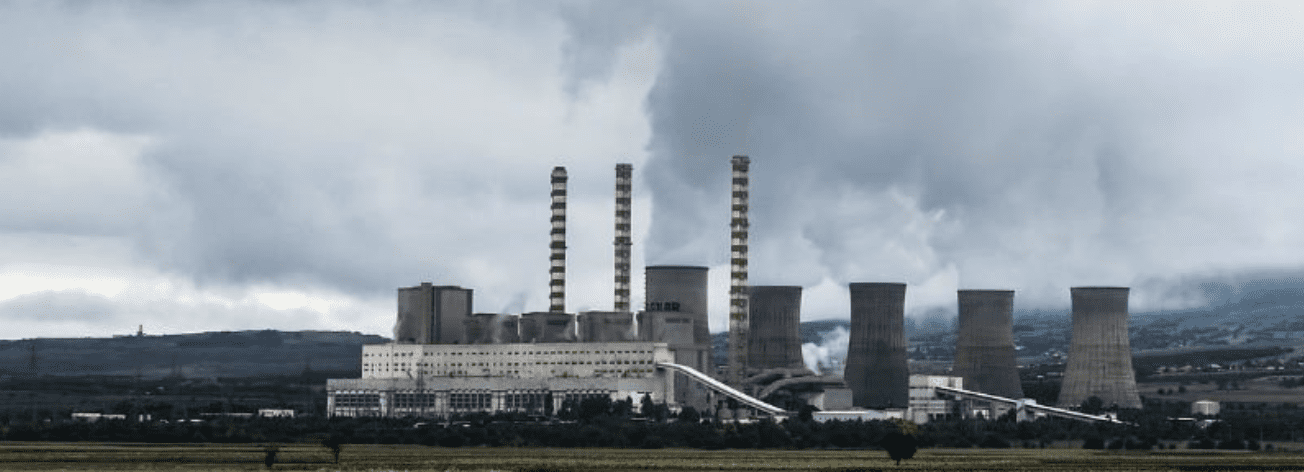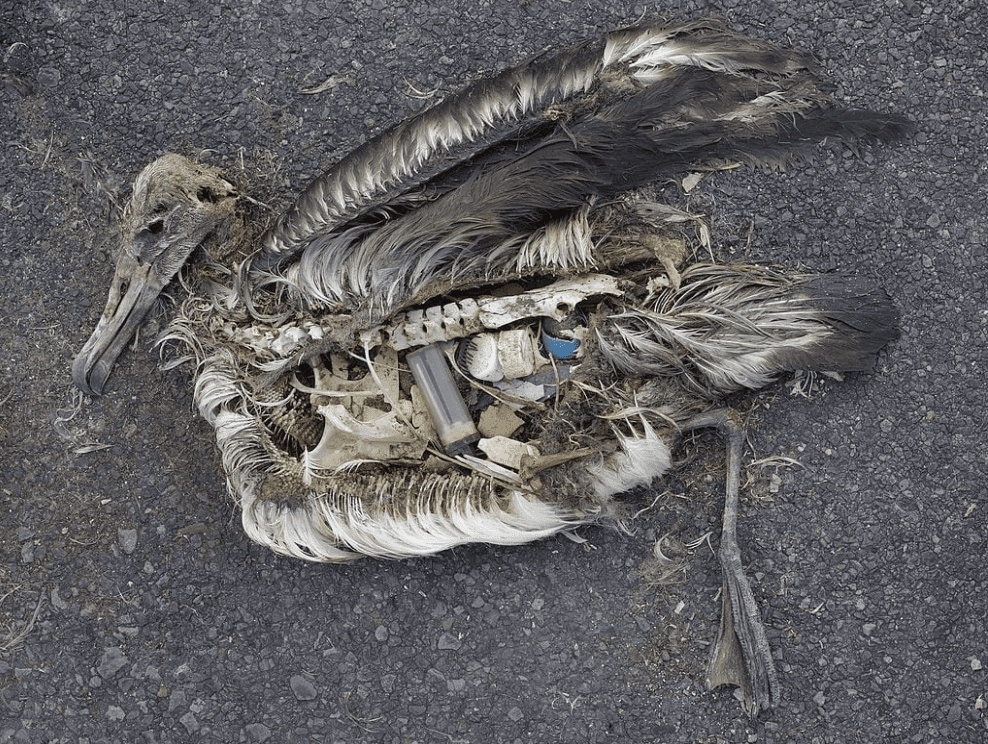
November 21, 2022 Submitted by Cleaner Greener Hingham
Hingham's decision at Town Meeting 2019 to ban single-use plastic bags was a huge step forward in terms of reducing plastic waste in our community. Cleaner Greener Hingham is now taking on plastic water bottles with a proposed bylaw that would limit the sale of water in single use plastic containers in Hingham. Why bottled water? While this product is certainly convenient, single use plastic comes with long term impacts that should no longer be ignored. Read on to learn more about why Cleaner Greener Hingham is pursuing this bylaw.
1. Production of plastic bottles requires fossil fuels

One big problem with plastic is that its production requires the use of non-renewable fossil fuels. In the USA, about 76 million barrels of oil are needed to manufacture, transport, store, and dispose of the plastic bottles (for bottled water) used in a single year. That’s enough oil to fuel 4.3 million cars for one year.
2. Plastic bottles are not biodegradable
Biodegrading is when an object gets broken down (digested) by living organisms. This means that the object can be naturally recycled (by decomposers like bacteria and fungi) into new organic molecules and new life.
Plastic does degrade into smaller pieces over time. These pieces of plastic (also known as microplastics) will always remain on Earth and just continue to break into smaller pieces, which make their way into our water supplies, oceans, soils, and foods.

As plastic degrades, toxic chemicals in the plastic are released into the environment. Any plastic that makes it into the environment will stay in the environment, forever harming wildlife in the future.
3. Creates plastic pollution and harms marine ecosystems
Plastic bottles are currently the 5th most commonly found trash item at coastline cleanups (by quantity), making up a sizable portion of the total plastic pollution in oceans. Most plastic that is littered eventually ends up in the ocean. Even plastic on land will eventually get blown or washed (by rain) into a body of water.
Animals like birds or fish can mistake plastic in the ocean for food. In the North Pacific alone, an estimated 12,000 to 24,000 tons of plastic end up in fish each year. Over 1 million seabirds and 100,000 mammals die from ingesting plastic yearly.

Seafood with plastic or toxic chemicals in their bodies could be passed along to humans as well, present in the fish that we eat!
We can all do our part to make small changes in our daily lives and remove unnecessary plastic from being manufactured, purchased and used.
Already set to show your support? Sign Cleaner Greener Hingham’s petition in favor of a bylaw limiting the sale of water in single use plastic containers in Hingham. Have more questions? Watch our public meeting on YouTube or email us at cleanergreenerhingham@hingham-ma.gov.



